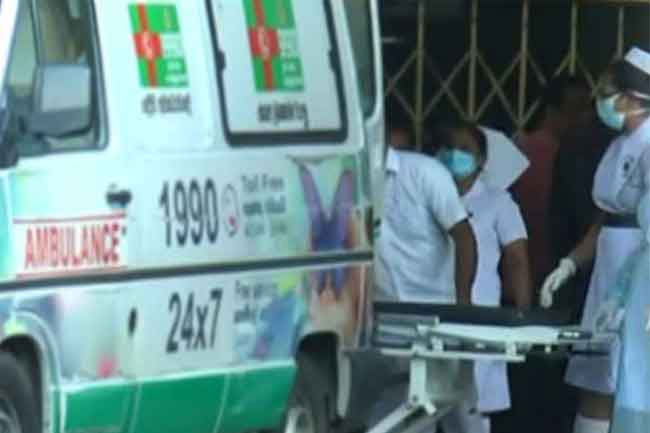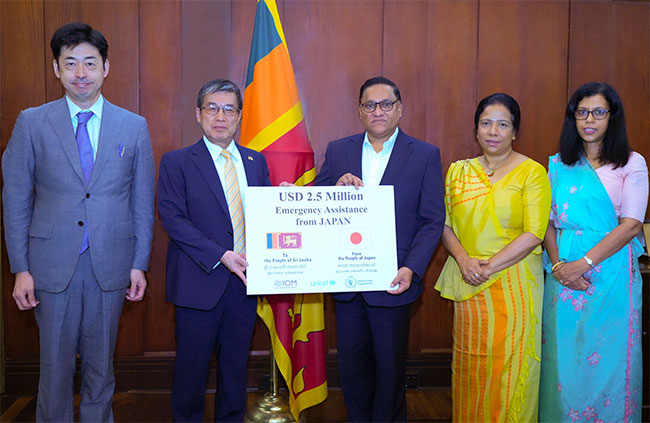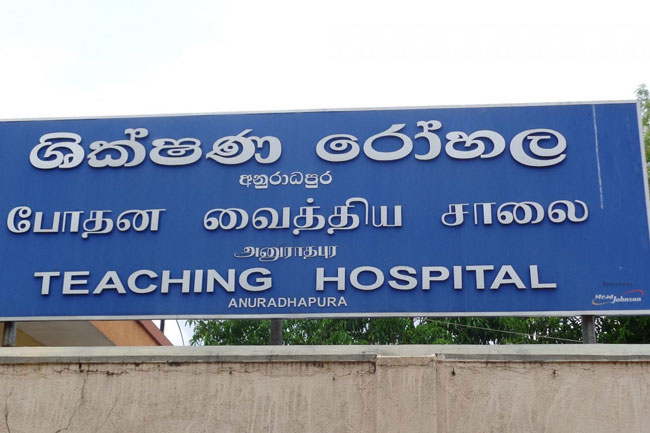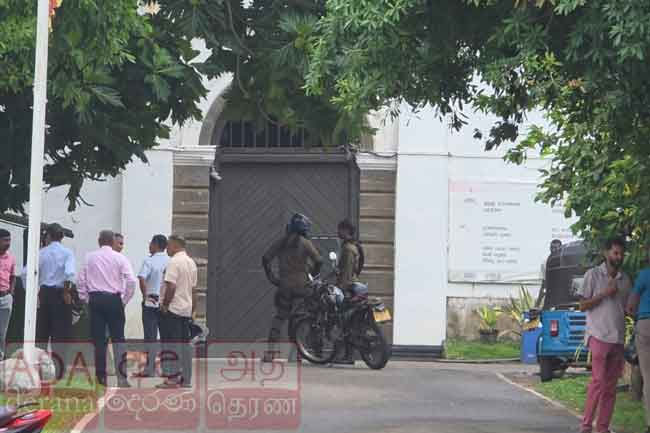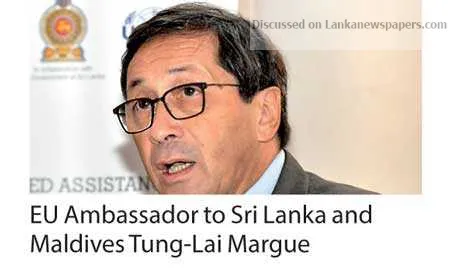
EU Ambassador to Sri Lanka Tung-Lai Margue declared yesterday that the time was ripe for Sri Lanka to accelerate structural and regulatory reforms to become a true leading maritime, logistics and distribution hub in South Asia. Speaking at the national public-private dialogue on maritime, logistics and transport reform held under the EU-funded Trade Related Assistance Project implemented by the International Trade Centre, he said that as with many industries, the logistics and transportation industry was confronted with immense global changes and this brought both risk and opportunity in the form of new technologies, new markets, new customer needs and expectations and new business models. “It is undeniable that a well performing logistic industry unlocks tremendous opportunities for the growth of trade; it enables connectivity of intraregional markets, helps meet the demand of a growing e-commerce industry and integrates value-added services to obtain higher profitability and increases the country’s competitiveness,” Margue said. It was pointed out that as outlined in Vision 2025, Sri Lanka aims to transform itself into South Asia’s leading maritime, logistics and distribution hub. Furthermore, the industry has been identified as a priority cross-cutting sector in the recently launched National Export Strategy which the European Union was pleased to fund through the EU-Sri Lanka Trade Related Assistance Project. “Proximity to emerging markets given Sri Lanka’s geographic position is a huge comparative advantage – only 3.5 hours away from one billion consumers, a transhipment hub for India. But transforming Sri Lanka into a leading maritime, logistics and distribution hub in the Indian Ocean will require the creation of a conducive business environment and improved infrastructure and services to compete with the likes of Dubai to the west and Singapore to the east,” the EU Ambassador pointed out. He said India used to depend on Sri Lanka for its transhipment cargo but gradual improvements to its port infrastructure had resulted in some shipping lines diverting their ships to Indian ports. “Sri Lanka also has higher shipping costs in comparison to regional hubs such as Malaysia and Thailand. The Sri Lankan Government has invested heavily in developing infrastructure, however some completed transport projects in Sri Lanka have so far not met their targets, although notable efforts are being made to transform these into profitable business,” Margue said. Noting that Sri Lanka was mainly known as a container hub in South Asia, he said Colombo must however rapidly diversify its business model to attract other types of ships and related services, for instance being a multi modal hub providing logistical services for passing cargo such as crew changes, supplying and replenishing food stock, bonded warehousing, cold storage solutions, packing, etc. He expressed the hope that the Government would implement the 2018 Budget announcement that the current legal framework for shipping and logistics would be changed in order to remove government protection in the sector and to fully open up the sector to international players and greater competition. Furthermore, the National Export Strategy outlines many regulations, including those related to merchant shipping, customs, finance, transport for instance, that need revision to create a conducive business environment. The strategy also highlights that policies and coordination need to be aligned with all stakeholders to ensure that the needs of the logistics sector are met. “In a rapidly changing and developing environment where regional neighbours such as India, Dubai and Singapore have intensified their efforts to grab opportunities to increase market share, the time is ripe to accelerate structural and regulatory reform in Sri Lanka,” the EU Ambassador stressed.
Popular News
